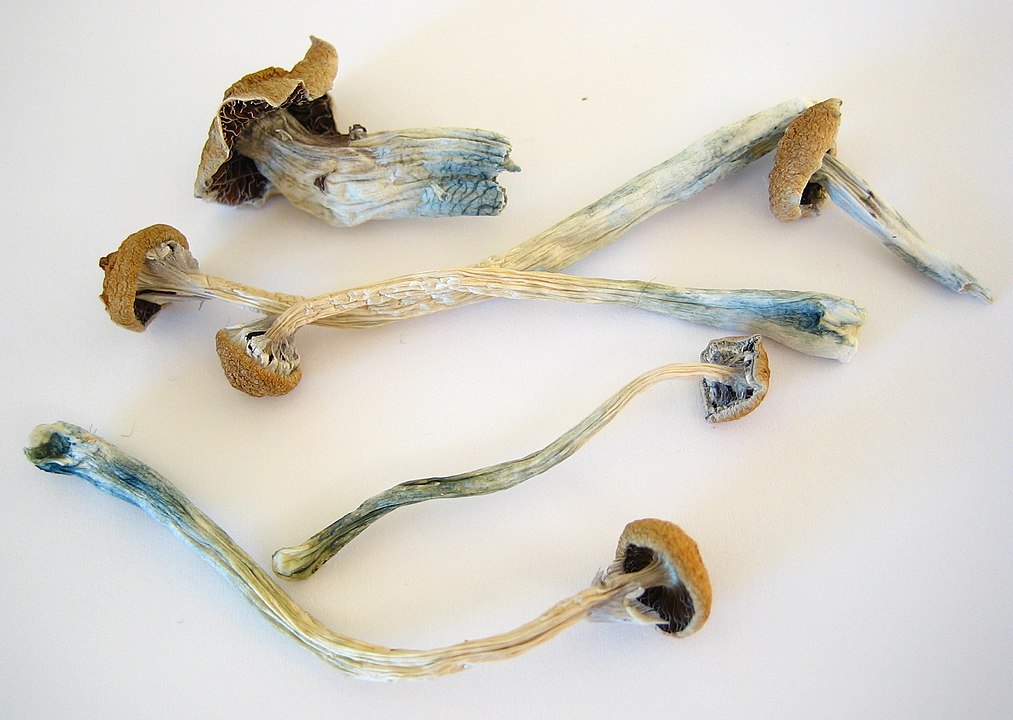
An overlooked aspect of the marijuana legalization movement is its effect upon research and use of psychedelic substances such as psilocybin and LSD. Both substances are now subject of legitimate therapeutic research with renewed interest in potential legalization. Who would have guessed?
Now comes along an enterprising entrepreneur and files a trademark application for the term PSILOCYBIN, which is the active ingredient of so-called magic mushrooms. This would be akin to seeking trademark registration for “tetrahydrocannabinol” or “THC,” which is the active ingredient of marijuana. Is this possible? A search of the U.S. Patent and Trademark Office (USPTO) TESS database indicated no registrations or applications for the term TETRAHYDROCANNABINOL. There were 479 applications and registrations for THC but most are not related to marijuana or hemp and, if they are, do not explicitly reference tetrahydrocannabinol. In the few that do, the term is disclaimed as part of the trademark. Then how can we understand why the USPTO accepted a registration for PSILOCYBIN?
An active ingredient in any pharmaceutical would under most circumstances be viewed as a generic term that would be available to anyone branding a product or service. For example, the PTO would reject a trademark application for the words PSILOCYBIN CANDIES because the terms are descriptive of the product itself (or an ingredient) and contain generic terms (psilocybin and candies). The owner of the PSILOCYBIN trademark application, however, sought to register PSILOCYBIN for educational services:
Development and dissemination of education materials of others regarding psychoactive plants, psychoactive fungi, and chemicals and related topics in the field of spirituality, religion, politics, art and science; Publication of articles, books, pamphlets and newsletters regarding psychoactive plants, psychoactive fungi, and chemicals and related topics in the field of spirituality, religion, politics, art and science
The Trademark Examiner initially rejected the application because the trademark described the subject matter of the educational service. In other words, because the trademark was “descriptive.” The Examiner, however, gave the applicant an out. Once the applicant began using the trademark, it would be accepted for registration in the “Supplemental Register” of the USPTO. The Supplemental Register is like a holding tank for descriptive trademarks, which are inherently weak because they have not acquired distinctiveness. If a trademark is registered in the Supplemental Register, when it acquires distinctiveness one can apply to have it transferred to the Principal Register.
By reason of its registration in the Supplemental Register, PSILOCYBIN is by definition not a distinctive trademark. Indeed, one can properly ask whether it is, in fact, a trademark at all. Will it acquire distinctiveness? In our opinion, that is doubtful. The applicant would have to prove to the USPTO that its educational services are “top of the mind” when consumers see the term PSILOCYBIN as opposed to their thinking that it’s simply the term for the active ingredient in magic mushrooms.
What’s the chance of that, or are we hallucinating?
— Adam G. Garson, Esq.

